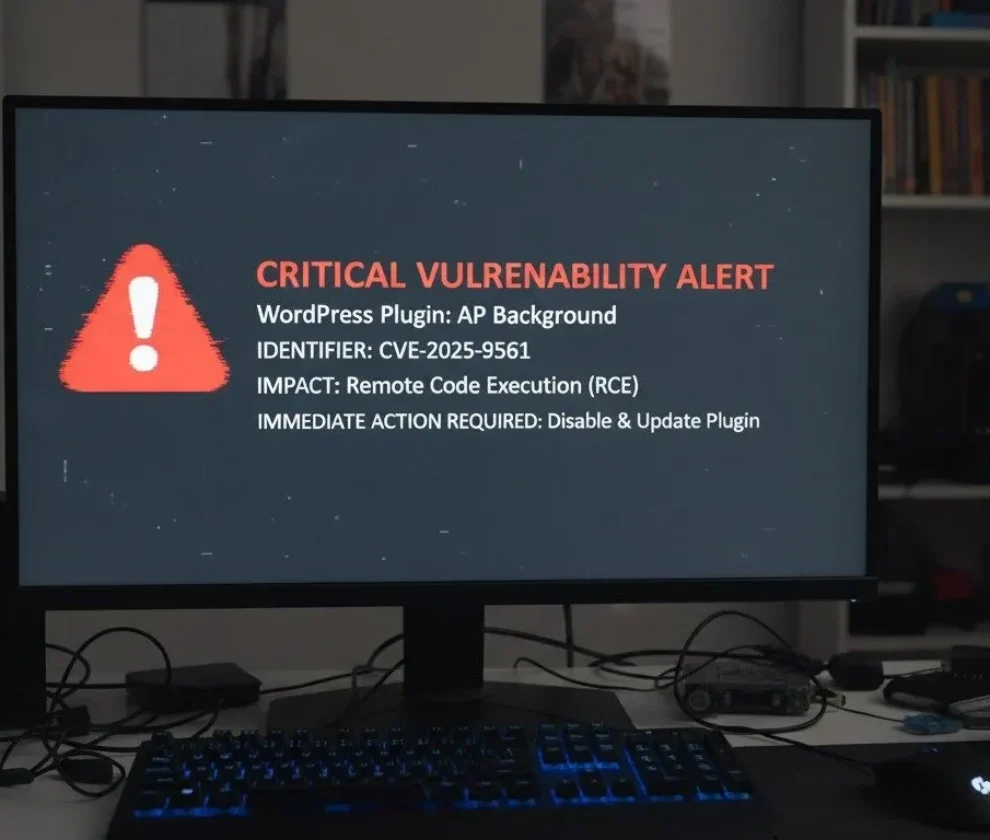The cybersecurity landscape in South and Central Asia is under siege by an alarming campaign orchestrated by a China-affiliated threat actor. Their primary weapons? The notorious malware PlugX and Bookworm, targeting critical sectors like telecommunications and manufacturing.
Understanding the Malware: PlugX
PlugX, also referred to as Korplug or SOGU, is a modular Remote Access Trojan (RAT) renowned for its sophisticated cyber espionage capabilities. This advanced malware is often linked with Chinese cybercrime groups like Mustang Panda. Recent updates to PlugX have incorporated functionalities reminiscent of the RainyDay and Turian backdoors, also associated with Chinese-related campaigns. These updates include the use of complex encryption algorithms and the exploitation of legitimate DLL files to disguise malicious activities within networks.
Telecommunications as Prime Targets
The focus on telecom companies in regions such as Kazakhstan and other Asian countries is not random. These organizations house critical information, making them lucrative assets for state-sponsored espionage or economic surveillance. The overlap in tools and methods used by groups like Lotus Panda and BackdoorDiplomacy further hints at a potential collaboration or shared origin between these entities.
Breaking Down Bookworm Malware
Since its inception in 2015, Bookworm has been a highly adaptable remote-control tool developed by Mustang Panda. Its modular architecture allows it to download extensions directly from its Command-and-Control (C2) server, complicating static malware analysis significantly. The malware’s attack vectors often include the deployment of legitimate-looking DLL libraries, making it challenging for network defense mechanisms to identify its genuine intentions.
Geopolitical Implications of Cyberattacks
These cyber threats are not isolated acts; they reflect a broader narrative involving strategic rivalry, digital warfare, and sensitive infrastructure. The persistent efforts by Chinese-affiliated groups to refine their tools underscore their determination to maintain strategic dominance in cyberspace. The data stolen through such campaigns often strengthens national intelligence efforts or economic strategies.
Defensive Strategies to Counter PlugX and Bookworm
Confronting emerging threats like PlugX and Bookworm requires proactive and advanced cybersecurity practices. Here are some strategies recommended for organizations and governments facing these risks:
- Conduct regular security audits to identify and neutralize suspicious files or activities.
- Implement robust anomaly detection systems to uncover unusual network behavior.
- Enhance employee training to recognize phishing attempts and other social engineering tactics.
- Deploy endpoint detection and response (EDR) solutions to monitor and mitigate advanced persistent threats.
Conclusion
The advanced tactics used in campaigns leveraging PlugX and Bookworm highlight the evolving nature of cyberattacks. These threats underline the importance of staying vigilant and investing in layered cybersecurity frameworks. By collaborating with economic intelligence professionals and cybersecurity experts, organizations can bolster their defenses to ensure the resilience and continuity of their critical operations. For those exposed to such sophisticated threats, negligence is not an option—prevention and preparation are the key to staying ahead in the digital arms race.


